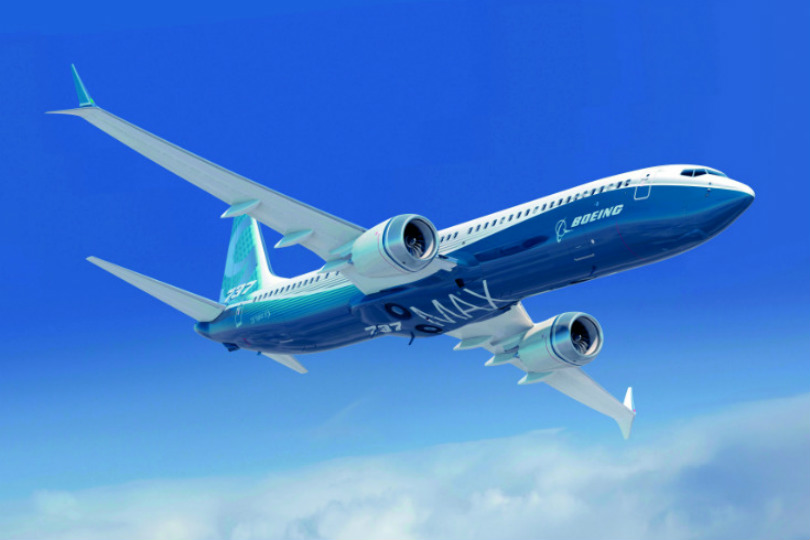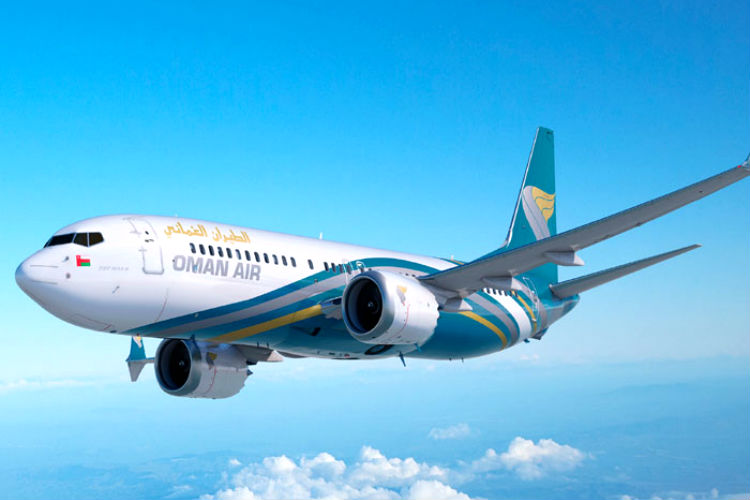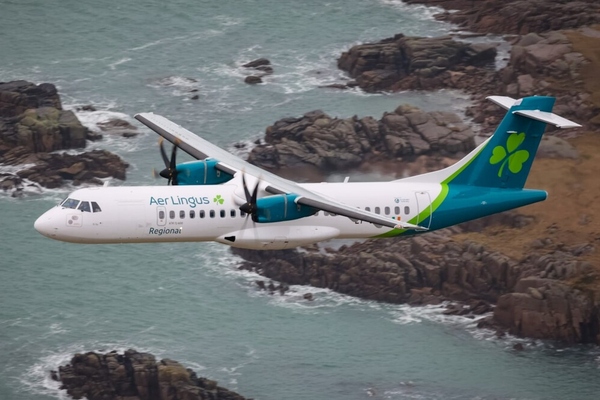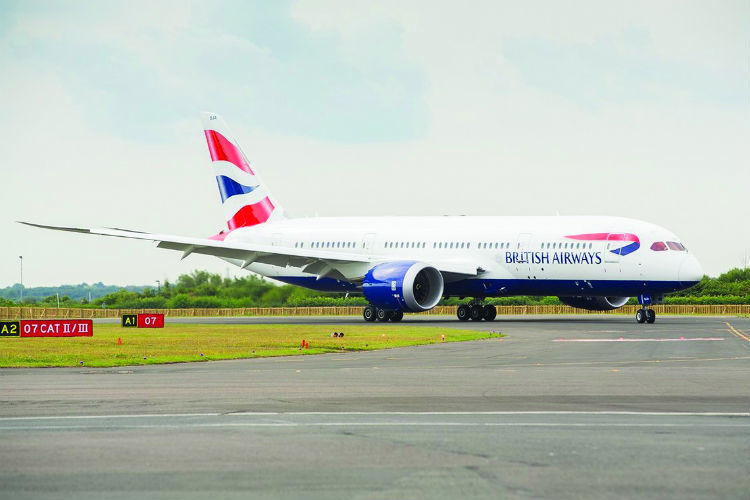Boeing 737 Max: ‘Where do we go from here?’
 John Grant
John GrantIn August 2019 there should have been some 24,400 scheduled flights operated by the Boeing 737 Max with airlines such as Air Canada, American Airlines and FlyDubai all looking forward to the extra capacity – and lower cost – provided.
Given the planned deliveries expected this August, it would be reasonable to expect closer to 40,000 flights being operated. Ultimately that equates to a lot of bums that haven’t sat down where the airlines expected in the last 12 months – and at enormous cost.
The reputational damage
Boeing’s brand value has sunk to an all-time low. We now have the announcement that certification is not expected before July, but it’s hard to believe that this latest announcement is the final position. When a company repeatedly says one thing and another happens, confidence drains away from airlines, passengers and perhaps, most importantly, regulators. But where do we go from here?
The winners and losers
Ironically, there are some winners in all this Boeing bother. Airlines not planning to operate 737 Maxs appear to be seeing some advantage – Delta Air Lines has gone on record as saying it has seen some benefit from the situation.
Aircraft leasing companies who were expecting to have a load of “single-owner, low-mileage 737s” to place elsewhere have suddenly been asked to extend existing lease agreements, at slightly higher rates (naturally), than previously on offer.
Ironically, Airbus isn’t much of a winner in this Boeing mess. Garuda and Saudia have both cancelled orders but running to Airbus for new aircraft most likely means taking a place at the back of the queue. And even then, Airbus has a reputation of late aircraft deliveries; Qatar Airways in 2017 cancelled an A350 order that was running later than the UK's railways.
Sadly, there are in fact more losers than winners. For many 737 Max customers the loss of revenue and impact on both operational and business planning will cost millions. And the implications of the delay are perhaps deeper than many realise. Airlines have eased back on network expansion with some routes completely dropped, some of which may not reappear for quite some time.
On the environmental front the 737 Max was delivering dramatic reductions in fuel burn, which in each and every small way was helping with aviation’s carbon emissions and the environmental impact. That benefit has been lost for what looks like at least 15 months.
Ongoing delays to aircraft deliveries has also created a blockage in pilot training, as there simply aren't the expected number of aircraft operating as originally expected. That may seem insignificant but globally the industry needs hundreds of newly qualified pilots just to meet expected market growth. Perhaps the discussions around a single pilot operation are about to gather pace; Boeing can probably provide some valuable systems for that development.
So where do we go from here?
Is July a realistic date?
Probably not. The scale of the issue and the regulatory oversight that is now expected from individual authorities is likely to place a lot more pressure on both Boeing and airlines who are perhaps no longer prepared to accept the US FAA’s approval. Many regulators are unlikely to have the necessary resources to fast-track approvals; if they did then airlines would today argue that they are overstaffed!
From the airlines’ perspective, a July reintroduction will require a heavy investment in crew training and flight simulator usage. That firstly means finding available simulator time where none was previously available and taking operational crews offline to undertake that training. In May and June that is just not possible without huge resource implications.
And then there’s the whole issue of consumer confidence. While many travellers couldn’t distinguish a 737 Max from a 747-400, there will be enough asking questions about the aircraft being operated on their flights. Boeing – and ultimately the airlines – will have a credibility gap to overcome. Cheap airfares alone may not be enough to get past that point.
What Happens Next?
Bluntly, we wait and see! There is some speculation that the new Boeing chief executive Dave Calhoun is trying to clear all the bad news off his desk at once (he must have a large desk!).
Discussions between the FAA and Boeing continue but we will only hear the occasional soundbite; neither party will want to share everything in a transparent manner; that could spook a lot of people and lead to numerous claims for damages and compensation.
Airlines, passengers, travel agents, airports, suppliers and trade partners are all in the same boat; we have to wait and see… just don’t expect all the answers by July!
John Grant is a senior analyst at OAG.
Sign up for weekday travel news and analysis straight to your inbox

John Grant
Supplier Directory
Find contacts for 260+ travel suppliers. Type name, company or destination.















